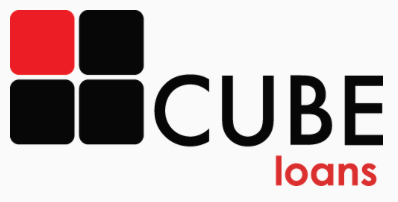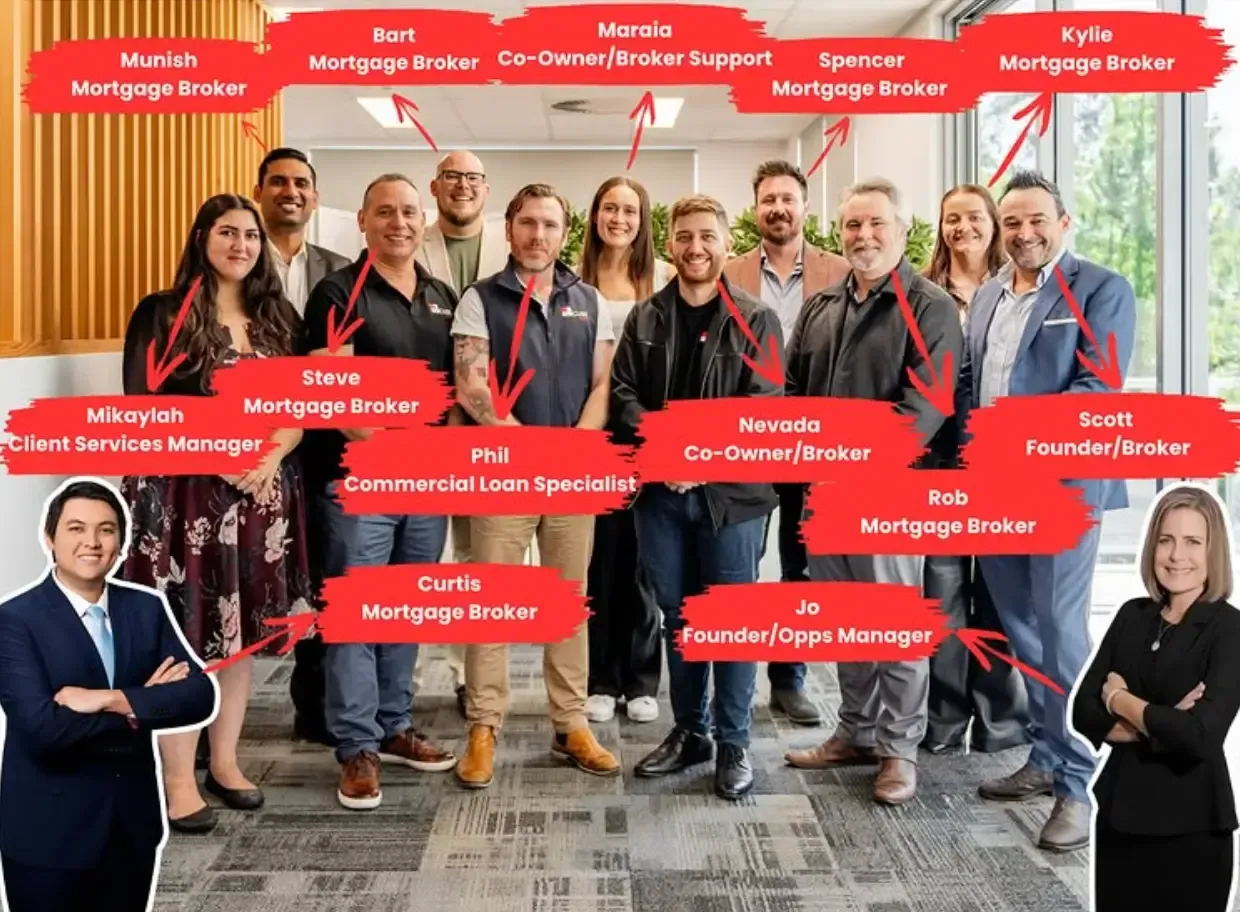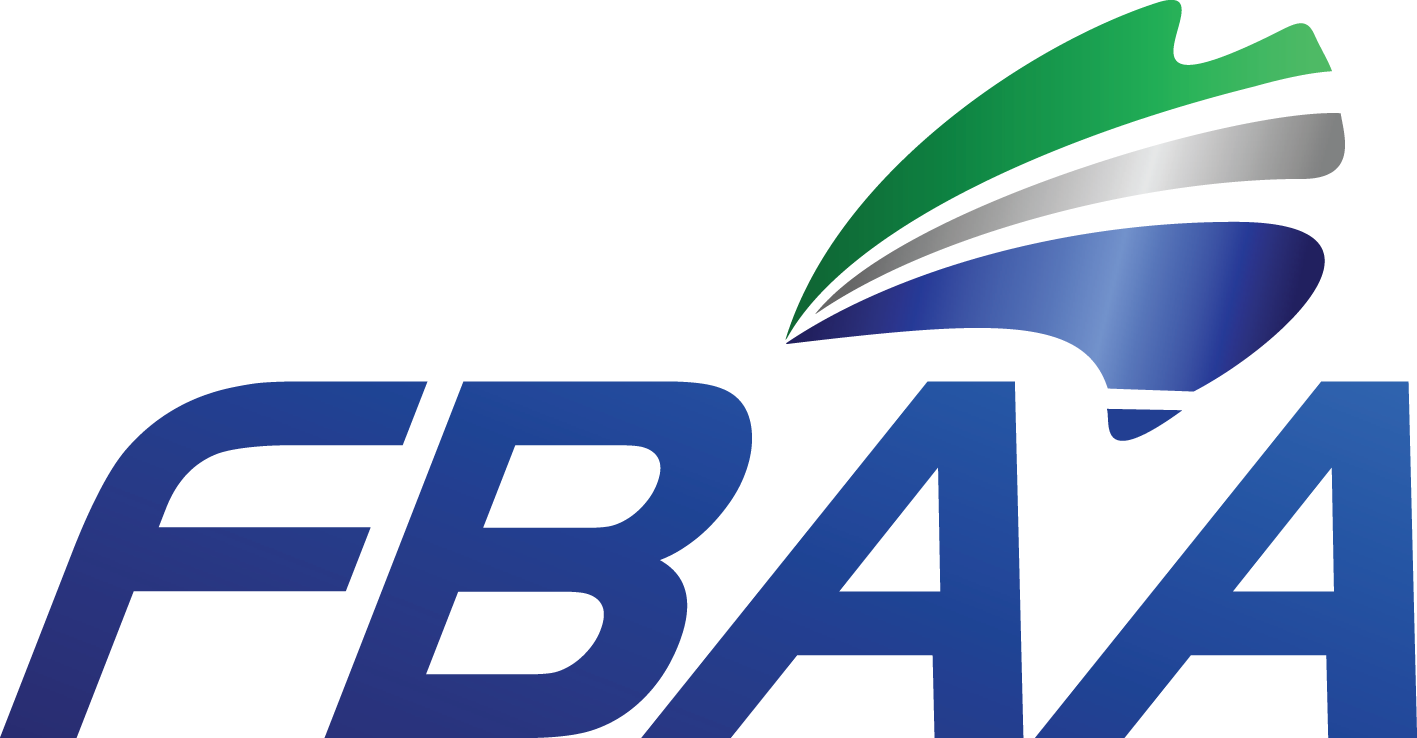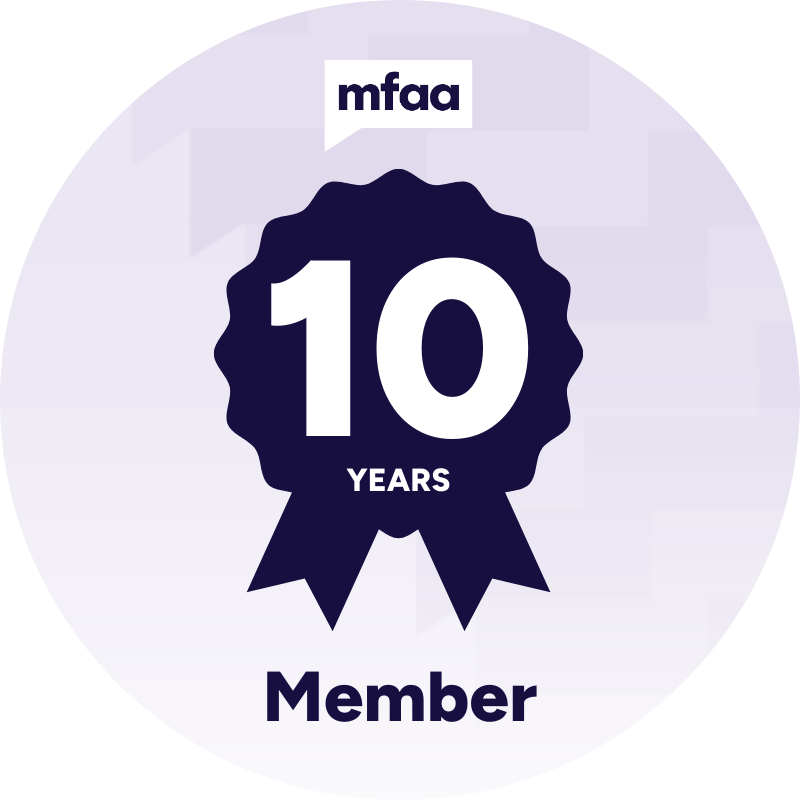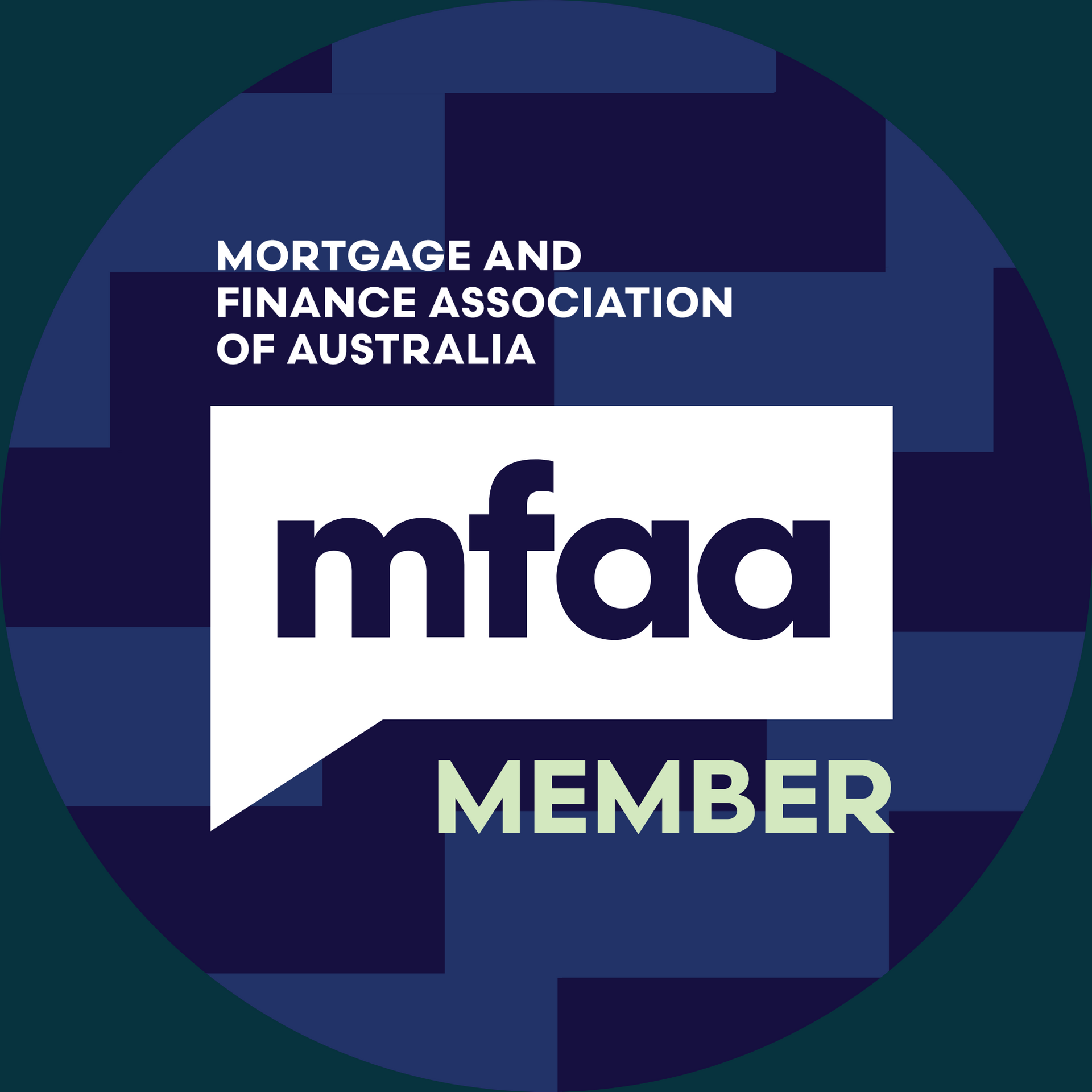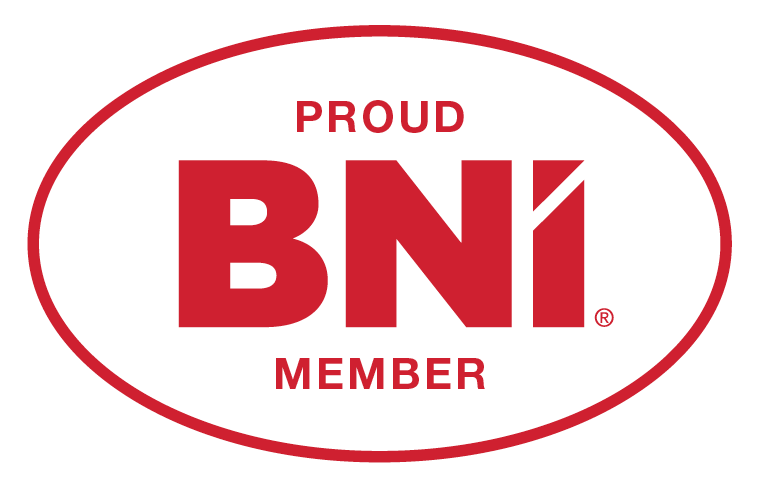Home Loans for Veterinarians: What Every Vet Needs to Know Before Buying a Home in Logan QLD
If you need home, car or business loan help, just get in touch here.
Buying a home as a veterinary professional in Queensland comes with its own set of challenges. In areas like Logan, where property prices are on the rise but still relatively affordable compared to Brisbane, many vets are weighing up whether now is the right time to enter the market.
With high student debts, irregular early-career income, and a demanding work schedule, home ownership can feel out of reach, especially without the right support. That’s where home loans for veterinarians come in.
These tailored loan options recognise the unique financial profile of vets and offer features that make the path to home ownership far more realistic.
In this guide, we’ll go through what every vet needs to know before buying a home, from what makes these loans different to who qualifies and how to apply.
Buying your first home as a vet in Logan?
Cube Loans’ Logan mortgage brokers know how to fast-track pre-approvals, explain loan features, and guide you through every step, from matching lenders to final settlement. Reach out on
1800 774 756 to get started today.
What Are Home Loans for Veterinarians?
Home loans for veterinarians are tailored mortgage options that reflect the income potential and financial setup of veterinary professionals. They're especially useful for new grads or early-career vets managing student debt.
Unlike standard loans, these loans recognise your profession as low-risk, which can lead to better terms.
Key Features of Veterinarian Home Loans
Veterinary professionals can benefit from several loan features that are rarely offered through general mortgage products or standard loans. These are designed to ease the upfront cost and long-term commitment of buying property.
Here are some key features of veterinarian home loans:
- Low or No Deposit: Some lenders accept deposits as low as 5%, without requiring LMI.
- LMI Waiver: Eligible vets may avoid paying Lenders Mortgage Insurance even with less than 20% deposit.
- Flexible Income Assessment: Self-employed vets, locums, and practice owners can access more flexible income verification criteria.
- Higher Borrowing Capacity: Many lenders factor in projected income and offer increased borrowing limits.
- Offset Accounts and Redraw Facilities: Access to features that reduce interest and allow financial flexibility.
- Reduced Application Fees: Some lenders waive upfront fees as part of a professional package.
- Tailored Loan Structures: Options for split loans, interest-only periods, or investment loan structuring suited to career goals.
Who Qualifies for a Veterinarian Home Loan?
Veterinarians in Queensland can access home loan programs tailored to their profession, but eligibility depends on meeting a few key requirements. Whether you're just starting out or running your own clinic, these criteria help lenders assess your professional and financial standing.
Here’s what lenders typically look for:
- Professional Qualification: You must hold a recognised veterinary degree such as a Bachelor of Veterinary Science (BVSc) or Doctor of Veterinary Medicine (DVM), and be registered with the
Veterinary Surgeons Board of Queensland.
- Employment Status: Full-time, part-time, self-employed, and locum vets may all qualify, as long as you can show consistent income.
- Career Stage: These loans are available to new graduates, associate veterinarians, and practice owners alike.
- Professional Memberships: Being part of an approved association like the
Australian Veterinary Association or Australian Veterinary Business Association may strengthen your application.
- Residency: You must be an Australian Citizen or Permanent Resident.
- Credit History: A solid credit score and responsible history with loan repayments or debts will improve your chances.
- Proof of Income: This can include payslips, tax returns, or ABN income records, depending on your employment setup.
- Overseas Qualifications: If you’ve trained overseas but are registered to practise in Queensland, you may still be eligible with appropriate documentation.
How to Apply for a Home Loan as a Veterinarian in Logan
Applying for a home loan as a veterinary professional isn’t all that different from the standard process, but working with lenders who understand your career can make a big difference. Knowing what to expect at each stage helps you stay in control, avoid delays, and choose a loan that genuinely fits your goals.
Here’s a step-by-step breakdown of the process:
1. Assess your financial position
Start by reviewing your income, debts, savings, and general spending habits. This helps you understand your borrowing capacity and whether now is the right time to buy.
2. Speak to a mortgage broker experienced in vet home loan
A mortgage broker who regularly works with medical professionals and veterinary professionals, such as the team at Cube Loans, will know which lenders offer vet-specific options and how to structure your application. They can also guide you through LMI waiver eligibility, loan package deals, and compare variable vs fixed rate home loans.
3. Get a pre-approval
Pre-approval gives you a clear idea of how much you can borrow, and shows agents and sellers you’re a serious buyer. It’s usually valid for 3 to 6 months and can be arranged through your broker or directly with a lender.
4. Choose the right loan product
Based on your needs, you might go for a variable rate, fixed rate, or split loan, and decide whether features like offset accounts or a redraw facility are important to you. If you’re looking at an investment property, your broker can help compare specific investment property loans.
5. Submit your full application
Once you’ve found a property and chosen a lender, you’ll need to lodge your formal loan application. This includes submitting documents like payslips, tax returns, bank statements, and proof of registration or professional membership.
6. Wait for formal approval
After assessing your application, the lender will issue formal approval. This can take anywhere from 3 to 10 business days, depending on complexity. For self-employed veterinarians or those in locum positions, it may take a little longer if additional income verification is required.
7. Finalise contracts and prepare for settlement
Once approved, your solicitor or conveyancer will coordinate with the lender to complete the purchase. Settlement typically occurs 4 to 6 weeks after signing the contract, at which point the funds are released and the property legally becomes yours.
Home loan applications in Logan don’t have to be stressful.
Cube Loans streamlines every step for veterinary professionals, from matching you with local vet-friendly lenders to securing the best rates and deals tailored to your needs. Speak with our expert Logan mortgage brokers today by calling us at
1800 774 756.
FAQs
How much can I borrow for a home loan as a vet?
Your borrowing capacity depends on your income, expenses, debts, and credit history. Many vets, including new graduates, may be eligible to borrow up to 90–95% of the property value, especially when using a lender that offers LMI waivers for veterinary professionals.
What types of home loans can I access as a veterinarian in Logan QLD?
Veterinarians can access a wide range of loans including variable rate, fixed rate, split loans, and investment property loans. Many also come with features like offset accounts, redraw facilities, and professional discounts.
Are there government grants or schemes for vets buying their first home?
Yes. If you're buying your first property, you may qualify for the First Home Owner Grant, First Home Guarantee, or stamp duty concessions, depending on your state and property value.
How can mortgage brokers help with veterinarian home loans?
A specialised broker, such as Cube Loans, who specialises in medical or vet financing can match you with lenders that offer tailored deals, better interest rates, and potential LMI waivers. They also manage the paperwork and simplify the loan approval process.
Do I need a 20% deposit to buy a home as a vet?
Not necessarily. Many lenders allow vets to buy with a 5–10% deposit, often without needing to pay Lenders Mortgage Insurance (LMI) if you meet their professional criteria.
Can I buy an investment property with a veterinarian home loan?
Yes. Vets can access investment property loans with similar benefits to owner-occupier loans, including competitive rates and flexible structures, ideal for building a property portfolio over time.
Does my HECS-HELP debt affect my borrowing capacity?
Yes, the HECS-HELP is factored into your overall financial position. However, lenders familiar with vet home loan tend to focus on your career stability and income potential, so it usually won’t stop you from being approved.
Conclusion
For veterinary professionals, especially those living or working in Logan, accessing the right home loans can make a real difference when it comes to homeownership. With low deposits, LMI waivers, and flexible lending, these loans are designed to suit the financial realities of vets, whether as first-time buyers or seasoned property investors.
To explore your loan options, speak with experienced Logan mortgage brokers who understand the needs of veterinary professionals. Our team at Cube Loans can help you compare lenders, unlock better rates, and guide you through every step of the loan process. Call 1800 774 756 to book your free consultation today.
Chat to Cube today!
Our services are 100% free and we are only paid (by the lender) if you decide to go ahead with a loan, which is completely up to you. Please just get in touch if you need home or commercial loan help - it's what we do!
